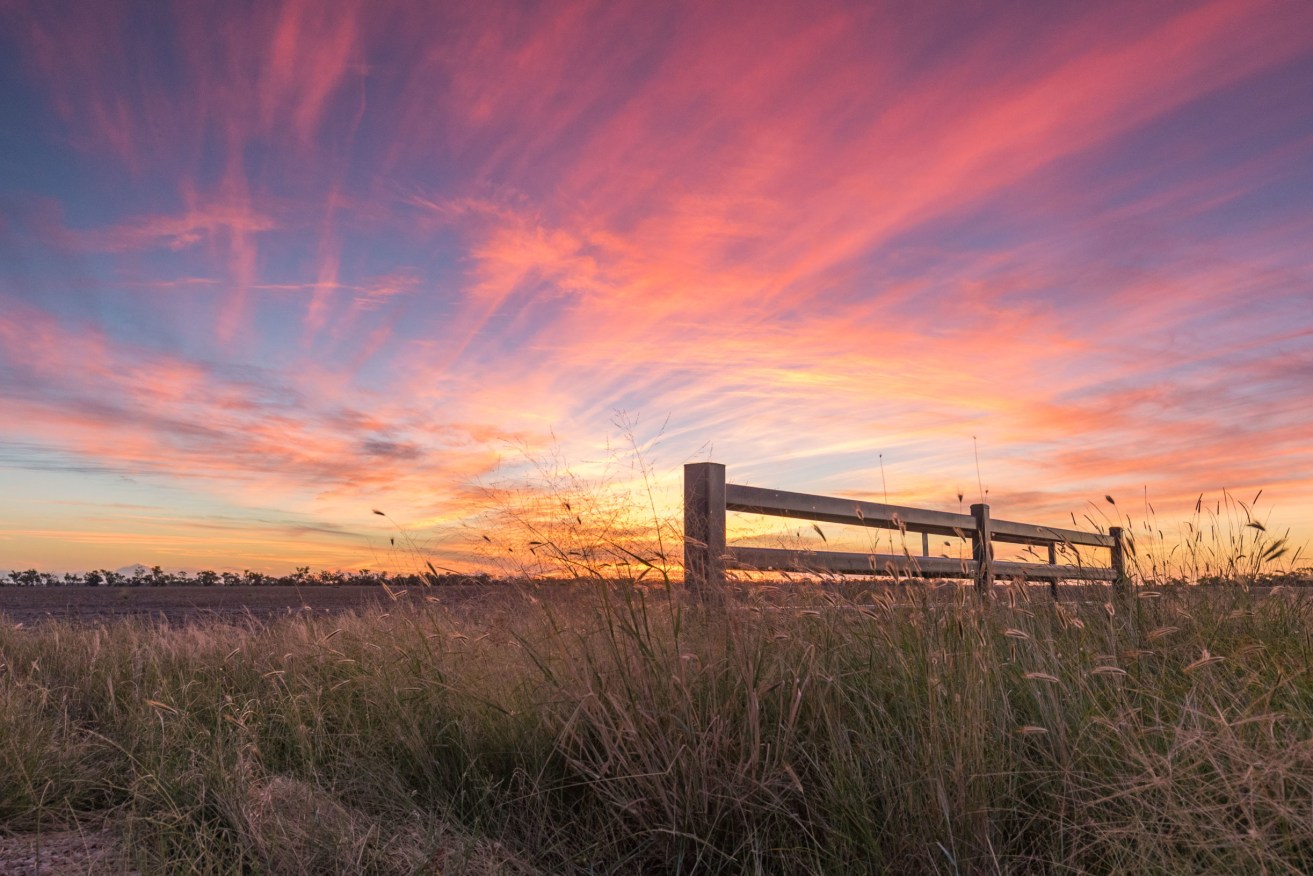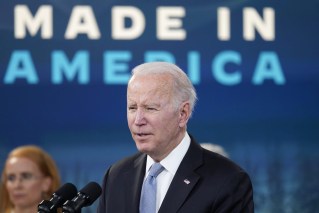Call of the wild: Plans afoot to get more going bush
Twenty per cent of people living in capital cities say they want to move to the country, but new plans are afoot to turn wishful thinking into reality.


An assembly of western Queensland councils has heard that a ‘promotional blitz’ involving television commercials and roadside billboards will soon be launched encouraging more people to head bush.
Regional Australia Institute CEO Liz Ritchie explained to the forum in Richmond in the state’s far north west, that of the people in cities expressing a desire to relocate, almost half were prepared to make the move in the next 12 months.
“The appeal of the regions is more of a factor than any dissatisfaction they have with city life,” she said.
“They want more space, more time with family, better connection to the environment and extended community, less stress and debt and overall reduction in the cost of living.”
Speaking ahead of a panel discussion, Ritchie also outlined moves to inject more corporate funding into regional projects, announcing growth in the Regional Australia Council 2031, a concept her organisation launched last year.
Part of the group’s mission, she said, was generating jobs growth in the regions, prioritising the talents of “humans over headquarters” and building on the momentum of the decentralised workplace accelerated by Covid.
“Working flexibly has proved to result in the higher levels of productivity and mental well being,” she said.
“For the first time in history we can truly create a national employment market where location is no barrier.
“We can work where we live and live where we love.”
Ritchie was joined on stage by State Regional Development Minister Glenn Butcher, LNP Queensland Senator Susan McDonald, Carpentaria Mayor Jack Bawden and Longreach Mayor Tony Rayner and Queensland Resources Council economics policy director Andrew Barger.
The topic was meant to address if regional growth fuelled by population shift away from city centres would amount to the new post-Covid reality.
Instead, panellists focused on traditional barriers that have cause inequity between rural folk and their city cousins, such as poorer access to healthcare and education, fewer job opportunities and high transport costs, especially exorbitant airfares on regional routes.
Butcher said regional Queensland was experiencing a “major uplift” in new development, particularly the construction of solar farms and other renewable energy hubs.
“But we have to make sure we have the capacity to put that energy into the national energy market,” he said.
“There’s no point building new solar farms throughout western Queensland if we can’t deliver the electricity through the policy.”
Cr Bawden said investment in his region was held back by the reluctance of banks to lend capital to younger people looking to buy land or build businesses.
“Access to finance is a major issue. We want young people with families to come here and build our regions,” he said.
“It’s a waste of time bringing people out here if they can’t raise the funds to build a house.”
McDonald, who hails from the north-west region near Cloncurry, said her government was determined to address “structural barriers” to regional growth, despite Prime Minister Scott Morrison a day earlier rejecting the idea of building a quarantine facility in Toowoomba, Australia’s second largest regional inland city next to Canberra.
“Having grown up here and having so many discussions with people around kitchen tables we know what our potential is, we’ve only been held back by the lack of structural change by government,” she said.
The Western Queensland Alliance of Councils assembly continues until Wednesday.









